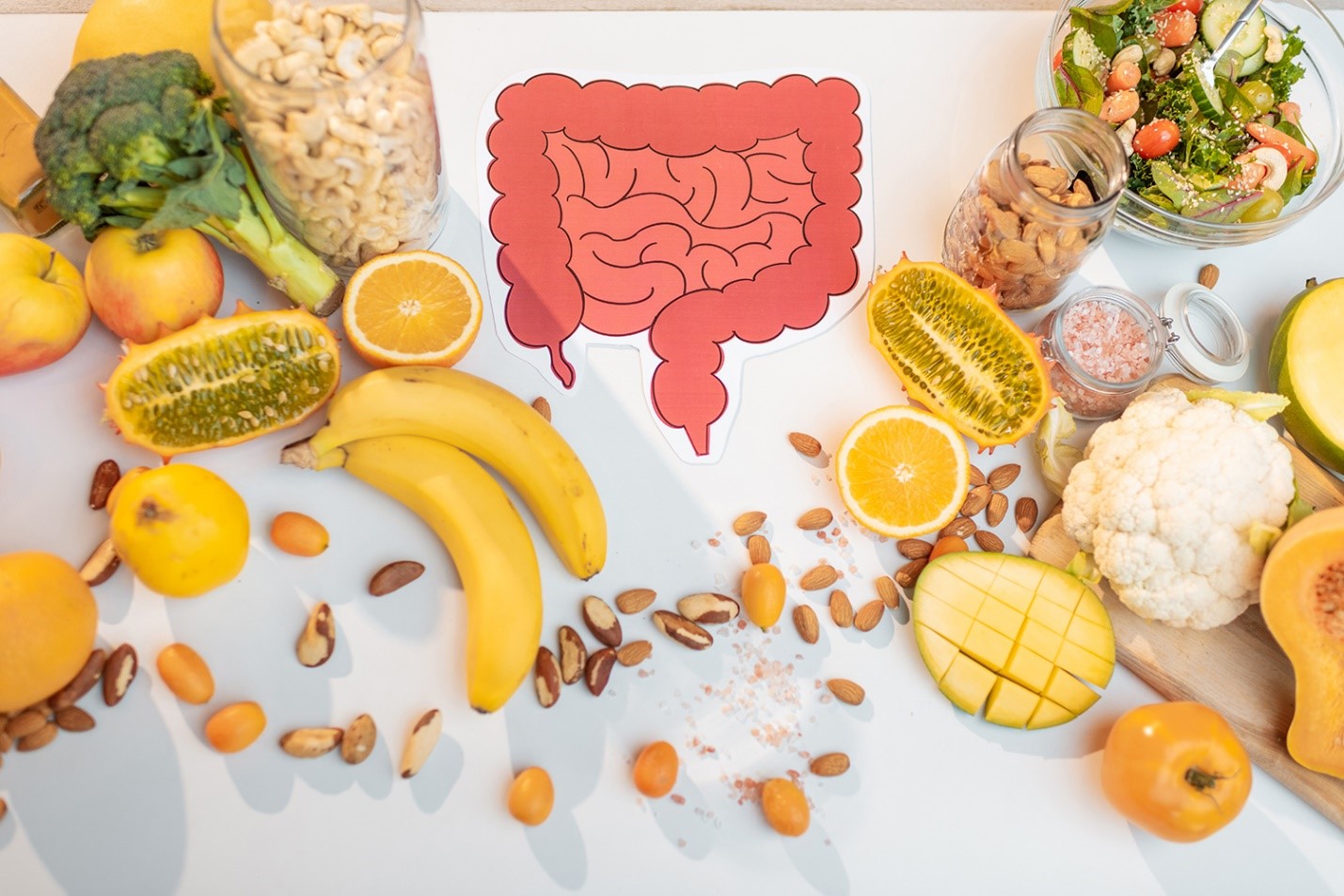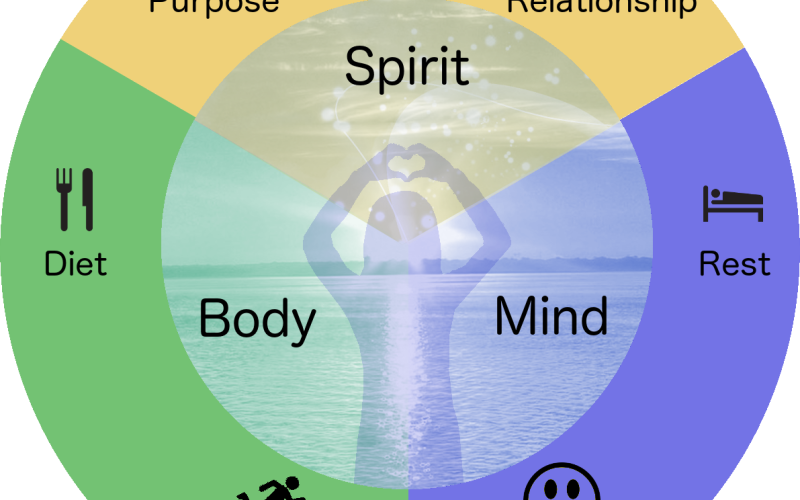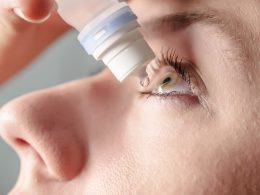In recent years, the concept of holistic health has gained significant traction, transforming the way individuals approach their well-being. Unlike traditional Western medicine, which often focuses on treating specific symptoms and illnesses, holistic health emphasizes the interconnectedness of the mind, body, and spirit. This integrative approach aims to promote overall wellness by addressing the root causes of health issues and fostering a balanced lifestyle. As people increasingly seek comprehensive and sustainable health solutions, several trends in holistic health have emerged, reflecting a growing awareness and acceptance of this multifaceted paradigm.
The Rise of Mindfulness and Meditation
One of the most prominent trends in holistic health is the widespread adoption of mindfulness and meditation practices. These techniques, which have roots in ancient spiritual traditions, are now recognized for their numerous health benefits. Mindfulness involves paying deliberate attention to the present moment without judgment, while meditation encompasses a variety of practices designed to cultivate mental clarity and emotional stability.
Scientific research has demonstrated that mindfulness and meditation can reduce stress, anxiety, and depression, enhance cognitive function, and improve overall emotional well-being. As a result, these practices are increasingly being integrated into various settings, including schools, workplaces, and healthcare facilities. Apps and online platforms offering guided meditation sessions and mindfulness exercises have also proliferated, making these tools more accessible to a broader audience.
The Integration of Functional Medicine
Functional medicine is another trend gaining momentum within the holistic health movement. This approach focuses on identifying and addressing the underlying causes of disease rather than merely treating symptoms. Functional medicine practitioners use a patient-centered approach, considering factors such as genetics, environment, and lifestyle in their assessments.
By employing advanced diagnostic techniques and personalized treatment plans, functional medicine aims to restore optimal functioning of the body’s systems. This often involves a combination of dietary changes, nutritional supplements, stress management techniques, and other lifestyle modifications. As more people seek individualized and preventive healthcare solutions, the demand for functional medicine is likely to continue growing.
Emphasis on Nutrition and Gut Health
Nutrition plays a crucial role in holistic health, with an increasing emphasis on the connection between diet and overall well-being. Recent research has highlighted the importance of gut health in maintaining a balanced and healthy body. The gut microbiome, a complex community of microorganisms residing in the digestive tract, has been shown to influence various aspects of health, including immune function, mental health, and metabolic processes.
To support gut health, holistic health practitioners often recommend diets rich in whole foods, probiotics, and prebiotics. Fermented foods like yogurt, kefir, sauerkraut, and kimchi are encouraged for their beneficial effects on the gut microbiome. Additionally, reducing the intake of processed foods, sugar, and artificial additives is advised to promote a healthy gut environment.

The Role of Physical Activity and Movement Therapies
Physical activity is a cornerstone of holistic health, with a growing recognition of the benefits of various movement therapies. Traditional exercises such as yoga and tai chi, which emphasize the integration of mind, body, and spirit, have become increasingly popular. These practices not only improve physical fitness but also enhance mental clarity, emotional balance, and spiritual well-being.
In addition to traditional exercises, new movement therapies such as qigong, Pilates, and dance therapy are gaining attention for their holistic benefits. These practices encourage mindful movement, body awareness, and the release of physical and emotional tension. Incorporating regular physical activity into daily routines is essential for maintaining overall health and preventing chronic diseases.
The Importance of Emotional and Spiritual Well-being
Holistic health recognizes the profound impact of emotional and spiritual well-being on overall health. Emotional health involves understanding and managing emotions, fostering positive relationships, and developing resilience. Spiritual health, on the other hand, relates to finding meaning and purpose in life, which can be nurtured through practices such as meditation, prayer, and connection with nature.
Therapies such as counseling, psychotherapy, and life coaching are increasingly sought to support emotional health. Additionally, practices like journaling, gratitude exercises, and creative arts therapies can help individuals process emotions and enhance their spiritual well-being. As people become more aware of the importance of emotional and spiritual health, these therapies and practices are likely to become more mainstream.
The Integration of Complementary and Alternative Therapies
Complementary and alternative therapies (CAM) are integral to holistic health, offering diverse approaches to healing and well-being. These therapies include acupuncture, chiropractic care, herbal medicine, aromatherapy, and energy healing modalities such as Reiki. CAM therapies are often used alongside conventional treatments to enhance their effectiveness and address the whole person.
Acupuncture, for example, has been shown to alleviate pain, reduce stress, and improve overall health by stimulating specific points on the body. Herbal medicine utilizes plant-based remedies to support various bodily functions and promote healing. Aromatherapy employs essential oils to enhance physical and emotional well-being, while energy healing techniques aim to balance the body’s energy fields.
The Growing Popularity of Integrative Health Centers
As the demand for holistic health services increases, integrative health centers are becoming more common. These centers offer a comprehensive range of services, combining conventional medical care with holistic therapies. Patients can benefit from a collaborative approach, where practitioners from different disciplines work together to create personalized treatment plans.
Integrative health centers often provide services such as nutritional counseling, stress management programs, physical therapy, and CAM therapies. By offering a one-stop solution for holistic health needs, these centers make it easier for individuals to access and benefit from a wide array of health-promoting practices.
The Role of Technology in Holistic Health
Technology is playing an increasingly important role in the advancement of holistic health. Wearable devices and health apps enable individuals to monitor various aspects of their health, such as physical activity, sleep patterns, and stress levels. Telehealth services are making it easier for people to access holistic health practitioners and receive personalized care from the comfort of their homes.
Virtual reality (VR) and augmented reality (AR) technologies are also being explored for their potential to enhance holistic health practices. For example, VR meditation programs can provide immersive experiences that facilitate deep relaxation and stress reduction. These technological advancements are making holistic health more accessible and personalized, empowering individuals to take charge of their well-being.
Conclusion
The trends in holistic health reflect a growing recognition of the importance of addressing the mind, body, and spirit in achieving overall well-being. As mindfulness and meditation practices become more widespread, functional medicine gains traction, and the emphasis on nutrition and gut health increases, individuals are empowered to take a proactive and integrative approach to their health. The rise of movement therapies, the importance of emotional and spiritual well-being, and the integration of complementary and alternative therapies further underscore the holistic health paradigm.
With the growing popularity of integrative health centers and the role of technology in facilitating holistic practices, the future of holistic health looks promising. By embracing these trends and adopting a holistic approach to health, individuals can achieve a balanced and fulfilling life, promoting not just the absence of disease, but the presence of optimal well-being.










